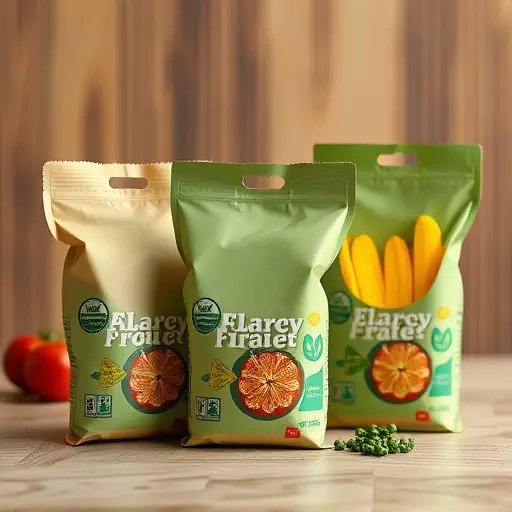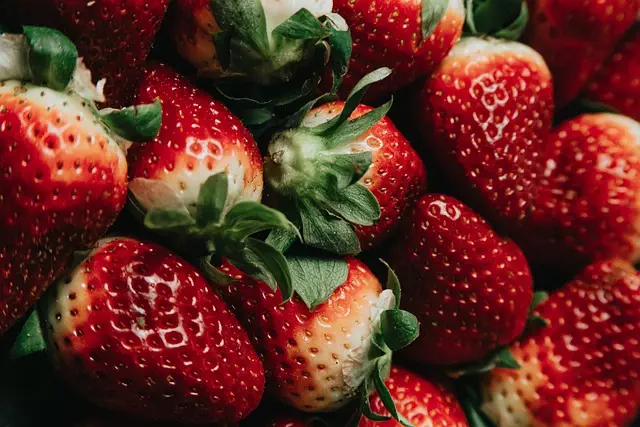Custom food packaging solutions are evolving to meet environmental demands, with a focus on sustainable options like biodegradable and recycled materials. These not only reduce waste but also enhance product presentation and brand differentiation. By balancing aesthetics, functionality, and sustainability, these innovative food packaging solutions appeal to eco-conscious consumers while preserving product freshness and quality, ultimately driving business success and customer satisfaction.
“Discover the transformative power of custom food packaging in the modern culinary landscape. In this comprehensive guide, we explore the fundamentals and immense benefits of tailored food packaging solutions. From enhancing customer experience to promoting sustainability, our article delves into effective strategies.
Learn about eco-friendly sustainable food packaging options revolutionizing the industry. Additionally, gain insights into designing captivating custom packages that preserve freshness and elevate brand identity. Uncover how these innovative practices contribute to a greener future while meeting diverse food industry needs.”
- Understanding Custom Food Packaging: The Basics and Benefits
- Sustainable Options for Food Packaging Solutions
- Designing Effective and Efficient Custom Food Packaging
Understanding Custom Food Packaging: The Basics and Benefits
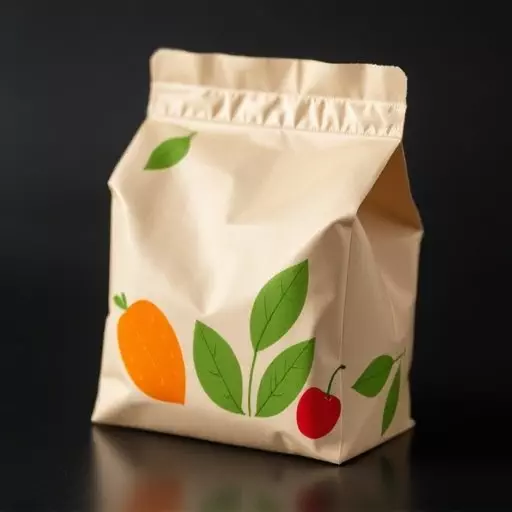
Custom food packaging is a dynamic and evolving aspect of the food industry, offering businesses innovative ways to present their products while meeting specific brand and consumer needs. It involves creating tailored solutions for food items, ensuring they are not just functional but also visually appealing and sustainable. This approach goes beyond standard packaging by providing an opportunity to craft an experience that enhances the overall consumer journey.
The benefits of custom food packaging are multifaceted. Firstly, it allows brands to differentiate themselves in a crowded market by showcasing their unique selling points through creative designs and materials. Sustainable food packaging, for instance, utilizes eco-friendly options like biodegradable materials or recycled content, appealing to environmentally conscious consumers. Moreover, these customized solutions can improve product freshness and shelf life, ensuring the quality of food items remains intact, which is vital for customer satisfaction and brand reputation.
Sustainable Options for Food Packaging Solutions
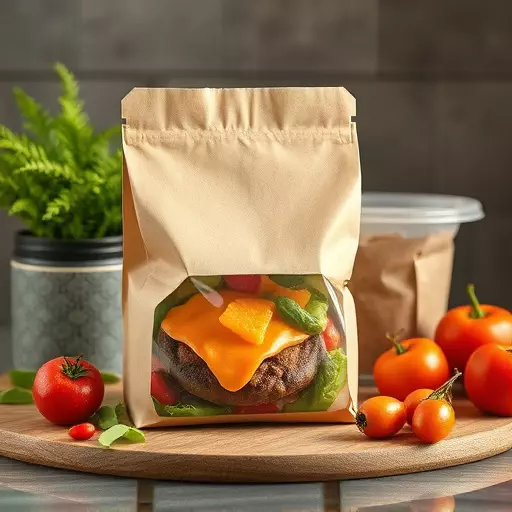
In today’s world, where environmental consciousness is on the rise, sustainable food packaging solutions are becoming increasingly important for businesses in the food industry. Custom food packaging plays a pivotal role in this shift as brands seek to reduce their ecological footprint while maintaining quality and freshness. Eco-friendly materials like biodegradable paper, plant-based plastics, and recycled cardboards offer viable alternatives to conventional packaging, significantly decreasing waste and pollution associated with traditional food packaging solutions.
These sustainable food packaging options not only contribute to a greener planet but also provide an opportunity for businesses to differentiate themselves through their commitment to environmental stewardship. Customizable designs allow brands to maintain brand identity while adhering to eco-friendly practices, ensuring that every element of the packaging, from material selection to aesthetics, aligns with the company’s sustainability goals and appeals to environmentally conscious consumers.
Designing Effective and Efficient Custom Food Packaging
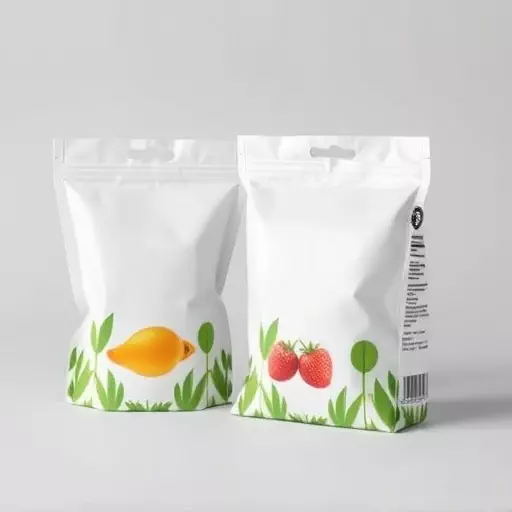
Effective and efficient custom food packaging design goes beyond aesthetics, incorporating strategic considerations to ensure it serves its primary purpose – preserving food quality while reducing waste. A key aspect is selecting suitable materials for your food packaging solutions, taking into account both functionality and sustainability. Eco-friendly, recyclable options not only minimise environmental impact but also appeal to environmentally conscious consumers.
This design process involves balancing form with function. Creative custom food packaging should be tailored to the product’s shape and size while ensuring it offers adequate protection during transportation and storage. Additionally, incorporating clear, concise labelling with essential information like ingredients, nutritional facts, and expiration dates enhances consumer experience, builds brand trust, and adheres to regulatory standards. Ultimately, successful custom food packaging combines form, function, and sustainability to meet both business objectives and customer expectations.
